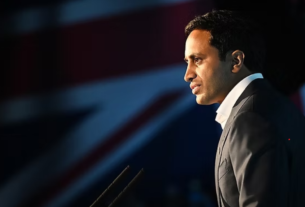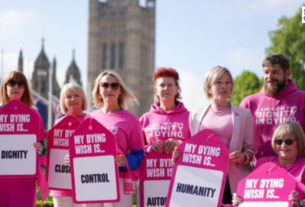Starting in the autumn of 2026, the UK government will expand its free school meals program to include an additional 500,000 children. This major policy shift is designed to support families who are struggling financially, particularly those receiving Universal Credit. Previously, only families with an income below £7,400 were eligible for free school meals, but the new threshold will rise significantly, allowing families earning up to £40,000 to benefit. The goal is to ensure that more children receive regular, nutritious meals during the school day, which is expected to improve their overall health, concentration, and academic performance.
This expansion marks a substantial investment in children’s well-being, with the government allocating £1 billion over three years to fund the program. Advocates for the change argue it could help reduce child poverty and level the playing field for pupils who often go without proper meals. Labour leader Sir Keir Starmer has backed the move, describing it as an essential step toward alleviating hardship for working families and giving children a better chance to succeed in school. Education Secretary Bridget Philipson echoed this sentiment, stating that providing free meals can lead to better attendance, improved classroom behavior, and reduced stress for parents.
The policy will cover all educational settings that offer free school meals, including early years and further education institutions. Parents will be able to apply using their national insurance number before the new school year begins. However, some campaigners have raised concerns about the continued use of an opt-in system, warning that many eligible families might still miss out due to a lack of awareness or administrative barriers. In the past, up to 250,000 children have been excluded simply because they were not automatically enrolled.
The decision to broaden access to school meals comes in response to growing pressure from educators, charities, and local authorities, especially after the success of a similar initiative in London. In the capital, all primary school pupils have been receiving free meals regardless of income, and early reports suggest the program has helped reduce food insecurity and eased financial pressure on households. By rolling out this policy nationwide, the government aims to replicate those benefits across England, giving hundreds of thousands of children a better foundation for learning and development.




